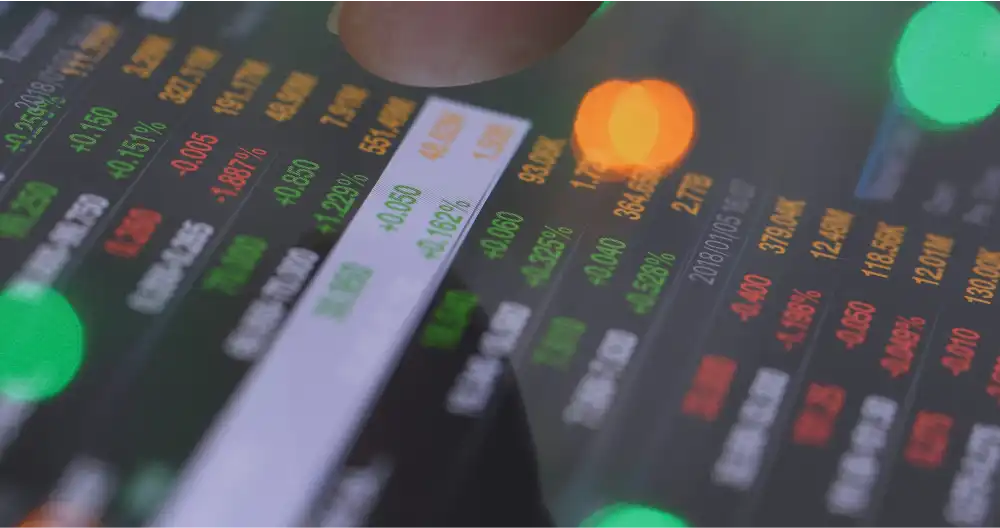
Q2 2020
The second quarter of 2020 witnessed a remarkable recovery in global financial markets, following one of the worst quarters in history. Stimulus measures implemented by central banks worldwide and the gradual reopening of economies after lockdowns played a significant role in driving this rebound across all asset categories.
While there has been some improvement in employment data in the UK and the US, the UK domestic economy showed a weaker-than-expected rebound in May, with GDP only increasing by 1.8%. Expectations are higher for June figures due to the easing of lockdown restrictions and pent-up consumer demand as shops and restaurants reopen. However, concerns persist about the possibility of a second wave of infections during the autumn and winter months.
The UK stock market has experienced an impasse, with dividends being heavily impacted by the lockdown measures, and the FTSE 100 index moving largely sideways. Bitcoin has emerged as the best-performing asset class over the quarter and longer periods, highlighting the need for diversification in volatile markets.
The uncertainty surrounding the Covid-19 lockdown and the ongoing Brexit negotiations have put pressure on share prices, particularly in the UK. The FTSE 100 has been the worst-performing major developed stock index during the quarter. While some stocks may offer value if the global lockdown ends soon, the risk remains high in case of major flare-ups or delays in vaccine progress. Additionally, small and mid-cap stocks, which are sensitive to economic growth, may no longer appear as attractive investments.
US equities rallied during the quarter and outperformed other major developed markets, benefiting from massive fiscal and monetary stimulus. Although concerns about high valuations remain, the presidential elections in November pose less of a risk since Joe Biden, a centrist candidate, became the Democratic nominee. However, high infection rates of the coronavirus in the US pose a potential downside risk.
European equities also delivered strong returns in the second quarter as lockdown restrictions were eased, accompanied by plans for further stimulus from the European Central Bank. Emerging markets experienced their strongest quarterly return in over a decade, supported by US dollar weakness.
The technology sector continued its rapid share price expansion, driven by increased demand for non-essential goods as lockdown restrictions eased. However, concerns have been raised about the sector trading at extremely high multiples, leading some investors to consider it expensive.
Energy and materials sectors experienced increased demand as factories and real-economy entities resumed operations. Defensive sectors like consumer staples and utilities lagged behind during this growth period.
Corporate bonds outperformed government bonds, benefiting from stronger risk appetite. High-yield bonds performed well, led by the European market. Investment-grade bonds also delivered positive returns. Brent crude futures had their best quarterly performance in 30 years, increasing by over 80%. Gold delivered a total return of over 10%, driven by concerns about the global economy, the pandemic, and social unrest.
During the second quarter, the majority of Super 60 active strategies delivered positive returns, contributing to medium and long-term performance. Passive funds also provided consistent returns in line with their benchmarks.
Scottish Mortgage emerged as the top-performing investment trust, delivering a staggering total return of 44% compared to 26% for the MSCI ACWI Growth Index. Other top performers included TR European Growth and Fidelity China Special. BMO Commercial Property struggled due to lockdown restrictions and the temporary suspension of dividend payments.
Over five years, Scottish Mortgage remained the top performer, followed by Legg Mason Japan Equity and Baillie Gifford Shin Nippon. Value-focused funds like R&M Recovery, Royal London UK Equity Income, City of London, and BlackRock Frontiers underperformed due to negative investor sentiment towards the asset class.
Active ACE 30 funds delivered positive returns over both the short and long term, with a majority outperforming their respective benchmarks. The top-performing funds included Brown Advisory US Sustainable Growth, Pacific Assets, and BMO Responsible Global Equity. PIMCO Global Bond, Threadneedle UK Social Bond, and Rathbone Ethical Bond were among the bottom performers.
In summary, the second quarter of 2020 marked a significant recovery in global financial markets, driven by stimulus measures and the reopening of economies. However, uncertainties surrounding the pandemic, Brexit, and potential second waves of infections continue to impact market dynamics. Diversification and cautious investment strategies remain important in navigating these volatile times.
